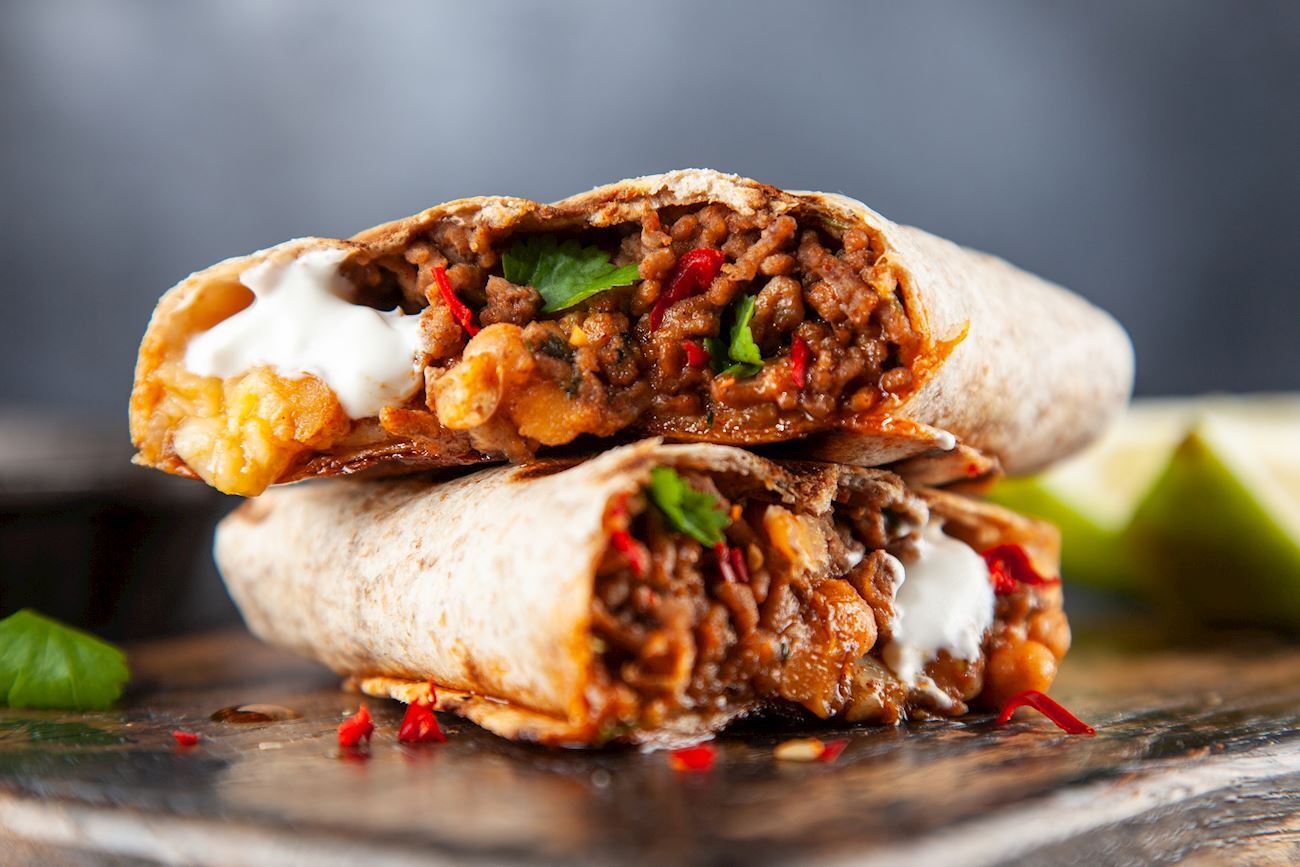I recall many discussions that conservatives want a King. It’s the control structure that makes sense to their brains. They essentially crave a King.
The central tenet of conservatism, whether they’re consciously aware of it or not, is a belief in hierarchies. There is a stratification to society that must be maintained, which of course manifests a king or oligarchy at the top.
Men are above women.
The rich are above the poor.
Whites are above everyone else.
They don’t care about religion or nationality except as tools to maintain that hierarchy.
Belief in hierarchies as natural, good and desirable is the definition of right wing, it is literally the first sentence of https://en.wikipedia.org/wiki/Right-wing_politics
Can we just let them have a pretend king while the rest of us enjoy a nice democratic republic?
That’s what celebrities are.
That’s how we got a reality TV host as a president.
You had one of those: https://en.wikipedia.org/wiki/Emperor_Norton
I’ve lived in the Bay Area most of my life, how have I never heard of this absolute legend of a man?
I live on the other end of the country and I’d heard of him, so that’s on you.
I think that one expired
I say we let the South break off and build a nice big wall to keep them out of the
richblue states. With all the money we’ll save by not supporting them anymore, we could develop a kick ass system for taking in refugees escaping from the South.this is literally what we do in scandinavia, we have a king/queen who might technically actually have fewer rights than regular people (which can of course simply be solved by abdicating) since they can’t really do anything “political”, and they just go around doing PR.
Works pretty well IMO, of course it feels a little bit shit that they get all kinds of luxury for being born royal, but hey, it satisfies a lot of monarchists and is otherwise basically meaningless so why not.
Kinda what the UK does, too, isn’t it? I think I’m starting to understand why the tradition persists. Decoy monarch.
sort of, almost
the UK monarch has a bit more power/freedom, like the current king has pushed for people to eat more lamb and stuff which is… a bit strange for a figurehead to do. Like it’d be less weird if he’d pushed for better healthcare or something…
I don’t think the UK monarch is bad as it stands, but i think the position could do with a bit more neutering.
Anyways the actual political system in the UK is a way bigger issue, it’s a god damn clown show on every level and it’s a minor miracle that people managed to vote for a PM that seems vaguely reasonable.
What, you don’t like lamb?
i have no strong feelings one way or the other, i just don’t think the figurehead of a nation should be shilling a specific kind of product.
they should be utterly boring and inoffensive, their job is to be boring and inoffensive and refrain from uttering anything vaguely political or controversial.
Sucks that lamb is political.
They crave being dominated. Anytime somebody tells you they’re a conservative just imagine them with a ball gag and gimp suit, 'cause that’s what they really are on the inside.
Loki is that you?
Its anyone rational who’s seen conservatives, really, but I enjoyed the reference.

Redcoat republicans
King Don I. sounds like a chinese remake of ‘King Kong I’. Big ape, huge building in New York, weapons involved …
But soon they will vote for a king.
I don’t really mind loyalists. There’s not some great moral difference between them and the revolutionaries like there was between unionists and confederates. Both were, deep down, fighting for their own best interests. It’s not like the property and slave owning founders were particularly concerned about anybody’s oppression but their own.
I don’t really mind loyalists. There’s not some great moral difference between them and the revolutionaries like there was between unionists and confederates. Both were, deep down, fighting for their own best interests.
I agree, at least to a degree. There’s a right side and wrong side to the argument, but it’s not the kind of stark moral contrast the way there is between Unionists and Confederates. It’s more of a “Are you really so uncreative as to be unable to see that being ruled without a say in your own governance is some feudal shite?” than a “Jesus fuck you are fighting for the worst institution known to man.”
It’s not like the property and slave owning founders were particularly concerned about anybody’s oppression but their own.
4 out of the 7 Founding Fathers were staunch abolitionists (Jay, Franklin, Hamilton, Adams). 1 became an abolitionist later in life (Washington). 1 turned against slavery half-heartedly (Jefferson). Only one was an ideological slaver (Madison).
Genuine question as a non American, if they were really staunch abolitionists why didn’t they abolish slavery when they created the US?
The abolitionists didn’t hold enough sway. While some argue that there were seven, based upon whatever criteria, there were far more people involved in the founding of the country. Due to the pre-industrial economics of the time, slavers had significant financial influence. The US Civil War was seen as inevitable by the likes of Thomas Paine, another abolitionist and founder - not codifying universal suffrage was just kicking the can down the road.
I view it as similar to Romulus, people love to simplify historical figures to fit in a neater narrative. Rather than understanding the dozens of leaders involved in the creation of the United States, it’s easier to just assign it to 7 figureheads. Eventually maybe people will start thinking Washington was raised by bald eagles!
Background: The US Constitution was a document that united thirteen different countries into a single one. Previously, the thirteen colonies turned states banded together to fight the British but the first American constitution, the Articles of Confederation, wasn’t really a constitution; it was a treaty establishing an organisation to coordinate them. That organisation was the “United States in Congress Assembled”, which functioned more as a diplomatic conference than a legislature, hence the term “congress”, also used in terms like “Congress of Vienna”. This organisation had no executive or judicial power. Compliance with its decrees was essentially voluntary. The Declaration of Independence is titled “The unanimous Declaration of the thirteen united States of America…”. Note that “united” is not capitalised, because it is not part of a proper noun (“Declaration” and “States” are capitalised following an old English convention that capitlaises every noun). They are thirteen independent states that happen to be united for the purpose of this declaration.
That being said, the Philadelphia Convention that wrote the US Constitution did so clandestinely. The Convention was called to suggest changes to the Articles of Confederation, not write a new constitution and establish a new federal state. To keep their work secret, they shut the windows to the State House where they worked despite it being in the middle of summer in a time before air conditioning.
As the thirteen states were, at the time, functionally independent countries, they could not be forced to abide by a constitution that they did not agree to. Many southern states had agricultural economies that relied on slave labour. Slaves were valuable property to those who owned them and the men who did were usually rich, powerful, and influential. It’s understandable why they were not willing to give that up, even if it meant defying the idea of “liberty” that they fought for.
This was a cause of much squabbling in the Philadelphia Convention between delegates from northern states, which were not reliant on slave labour, and delegates from southern ones, which were. This resulted in the infamous three-fifths compromise, allocating representation in the US House of Representatives according to population, counted as the number of free people plus three-fifths of the number of slaves (the used the term “other persons” as a euphemism for this). Indigenous people were explicitly excluded from the count as well. Franchise was determined according to state law, which gave southern states the power to withhold suffrage from slaves.
This was considered agreeable to southern states and acceptable to northern states. Thus, when all thirteen states ratified the US Constitution, they permanently signed away their sovereignty and became a part of the United States of America, a new country.
Genuine question as a non American, if they were really staunch abolitionists why didn’t they abolish slavery when they created the US?
The Founding Fathers are just the most prominent and praised figures involved with our founding. Unfortunately, the actual foundation of America is based around compromises with hundreds of people, most of whom were not abolitionists, themselves representing literal millions, who were likewise not abolitionists.
Just vote harder.







